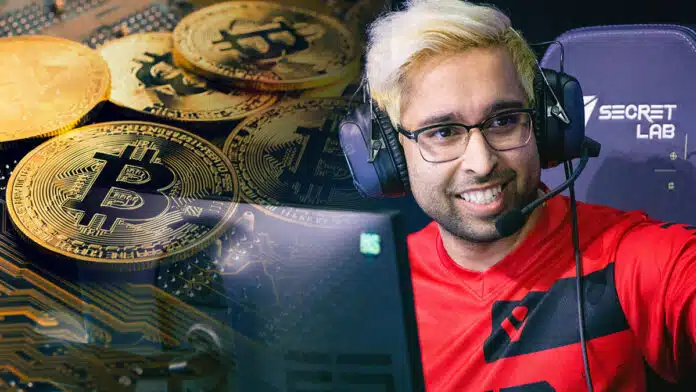Crypto-betting sites are causing some Valorant players to throw ranked matches in order to manipulate the outcome and win bets.
These sites allow players to bet on the outcome of competitive matches using cryptocurrency. Some players, enticed by the potential financial rewards, have resorted to throwing matches in order to ensure that their bets pay off.
This behavior not only undermines the integrity of the game, but it also ruins the experience for other players who are competing fairly. It can also lead to long-term consequences for the players involved, such as being banned from the game or losing their ranking.
Valorant’s developer, Riot Games, has taken steps to crack down on this behavior, including implementing stricter punishments for players who are caught throwing matches. However, the rise of crypto-betting has made it more difficult to monitor and prevent this type of cheating.
In recent weeks, professional Valorant players have raised concerns about the growing problem of crypto-betting in the game. Some players have resorted to throwing ranked matches in order to manipulate the outcome and win bets placed using cryptocurrency.
This behavior undermines the integrity of the game and can have negative consequences for all players, including bans and loss of ranking. The pros have called on the game’s developer, Riot Games, to take action and address the issue in order to protect the fair play and enjoyment of all players.
It’s important for players to be aware of the risks of betting on competitive matches, and to report any suspicious behavior to Riot Games. The integrity of the game should be maintained for the enjoyment of all players, and not compromised for the sake of making a quick buck.
However, the recent rise of crypto-betting in Valorant has reportedly taken this problem to new heights. Some players are reportedly betting on streamers to lose matches when they are on the same team and intentionally throwing the game, or betting on their opponents to win when they are on the enemy team and intentionally causing their own team to lose.
Professional Valorant players Yassine “Subroza” Taoufik and Tarik “tarik” Celik, among others, have publicly addressed the issue online.
Professional players at the highest level use ranked matches as a way to practice outside of scrimmages with other pro teams, as well as to create content for their audience. Up-and-coming talent also use the ranked ladder as an opportunity to gain visibility.
Sentinels player Tyson “TenZ” Ngo has referred to the current prevalence of throwing in ranked games as “ridiculous.”
Several prominent players in the Valorant community, such as tarik, ShahZaM, FNS, TenZ, and others, have reported frequently experiencing ranked matches being ruined by players on their own team or the opposing team throwing matches.
Some of these players, including tarik and FNS, have unfortunately had firsthand experience with matchfixing in the past, having been part of the team that was on the receiving end of the infamous North American CS:GO matchfixing scandal in 2014.
However, the current situation is different in that it involves random ranked players attempting to make a quick profit with cryptocurrency and getting away with it, causing frustration for streamers and ruining the gameplay experience for all other players.
There is a risk that if the alleged crypto-betting persists in the ranked ladder, more professional and amateur players may choose to play in private matches rather than solo queue to avoid it.
One potential solution to this problem is to only allow players who have been specifically invited to participate in private matches, which would prevent anyone with a financial stake in the form of cryptocurrency from influencing the outcome of the match.
However, this approach could lead to a smaller pool of available players in the ranked queue, resulting in longer wait times for matches and potentially unevenly matched games. As of yet, Riot Games has not commented on this issue.




